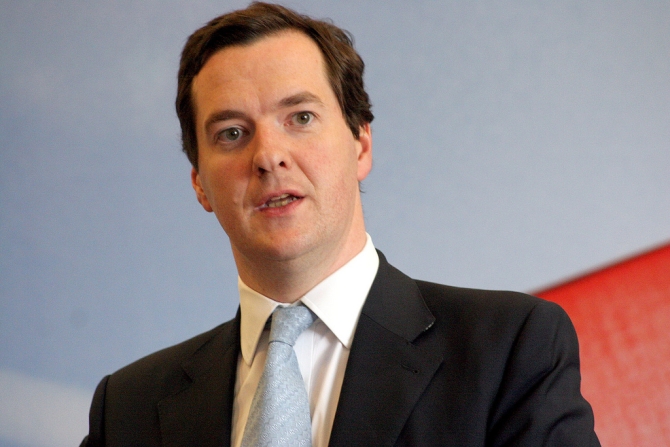For the past few years, retailers have headed the drive for the business rates system in the UK to be reformed, claiming the current method of judging how much tax businesses should pay based on their commercial property is unfair.

However, manufacturers have now added their voices to the campaign, with some of the country’s largest firms calling upon all political parties to commit to reform in their manifestos for the next General Election.
Big names including Siemens, General Motors and Tata – along with 11 others – sent an open letter to Chancellor George Osborne claiming that the current system is punishing large manufacturers choosing to invest in the UK.
Calling the tax “simply not fit for purpose”, they have suggested the Government should, as a starting point, remove plant and machinery from the equation during next year’s scheduled revaluation when determining the rateable value of their properties.
In the letter, they continued; “Business rates is one of the very few taxes which are non-cyclical and fixed at a level irrespective of economic or market conditions.
“Fixed costs are given much greater prominence over taxes when making investment decisions and therefore huge comparative distortions [with the rest of Europe] are seriously undermining the UK’s case as a destination for investment.”
The demands by manufacturers come in the same week that a new study by the Office of Budget Responsibility (OBR) has estimated that business rates will generate more cash for the Treasury in the 2015/2016 financial year than council tax and fuel duty combined.
Furthermore, the OBR claims that between 2008 and 2018, business rates will have grown by 41 per cent, with the ensuing £9.4 billion price hike generating £32/3 billion for the Treasury.
By comparison, in the same period council tax has climbed by 26.6 per cent, or £6.4 billion, and fuel duty has risen by 21 per cent, or £5.2 billion. It is hardly surprising, then, that report author and business rates expert Paul Turner-Mitchell has made public his assertion that the increase in business rates has been “disproportionate” when compared to other sources of income by the Treasury.
Following the release of the OBR’s report, retailers once more stepped up their campaign to reform the business rates system whilst also begging the Chancellor to put additional measures in place for the time being. They have called upon him to extend the period of relief measures implemented during the Autumn Statement last year – worth £1 billion. The existing package capped annual inflation linked business rate increases at 2 per cent and provided small businesses with the opportunity to apply for discounts worth £1,000.
Although organisations such as the British Retail Consortium (BRC) have been fighting for business rates reform for some time, the Chancellor has seemed unwilling to make any truly significant changes to the system. Perhaps, now that manufacturers have joined in the battle for reform, he will be forced to address the issue further.
Previous Post
Caddick beats Rivals to Leeds City One Site